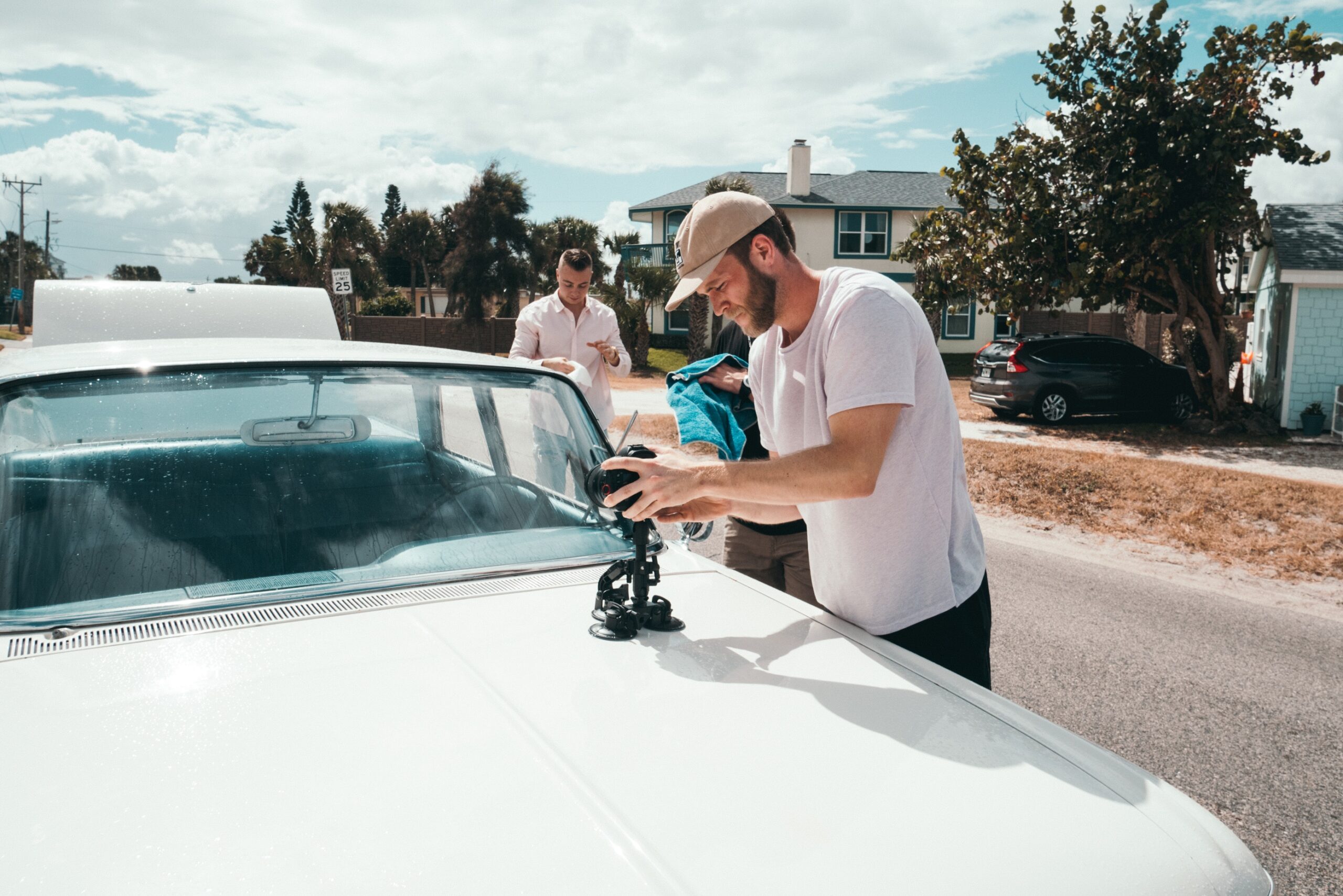Privacy vs. Evidence: Swiss Data Laws
Imagine driving through Zurich and your dashcam records another vehicle’s license plate or a pedestrian’s face. Can you use that footage freely?
Not necessarily—Switzerland’s data protection laws are among the strictest in Europe.
- Strict Legal Framework: The revised Federal Act on Data Protection (revFADP), which came into effect in September 2023, reinforces the need for explicit consent before processing personal data—this includes faces, voices, and vehicle plates captured on dashcams.
- Privacy First: Sharing or using footage without consent can infringe on others’ rights, potentially resulting in legal consequences under the revFADP.
So, how can you stay within the law?
- Personal use is allowed, especially for incidents like accidents where you need to protect yourself.
- Sharing with police or insurance is permitted, but only when legally necessary and with proper handling of personal data.
Public Space Surveillance: Striking a Balance
Recording on public roads remains a gray area. In a landmark 2014 decision, the Swiss Federal Supreme Court ruled that the right to privacy outweighs the benefits of indiscriminate dashcam recording. As a result, constant, wide-angle recording while driving is not generally allowed.
The Principle of Proportionality: A Legal Compass
Swiss law embraces the principle of proportionality—a key concept under the revFADP. It means that data must only be collected when necessary and for a specific, justified purpose.
For dashcam users, this translates to:
Short-term or event-triggered recording (e.g. sudden braking, collision, or threats) is more legally acceptable than continuous surveillance.
Personal Use Exception: A Narrow Window for Responsible Recording
The law allows for private use exemptions, meaning if footage is kept strictly for personal or family purposes, it may not fall under the same restrictions. However, public sharing (e.g. on social media) or using footage beyond your personal context reintroduces legal risk.
⚠️ Even with personal use, be cautious: footage should not unintentionally infringe on others’ privacy.
Further Legal Guidance: Where to Learn More
To enhance your understanding of dashcam usage in Switzerland, consider consulting the following legal sources:
- Swiss Federal Data Protection and Information Commissioner: link: https://www.edoeb.admin.ch/edoeb/en/home.html
- Swiss Government Portal: link: https://www.reddit.com/r/askswitzerland/comments/si5015/car_dash_camera_in_switzerland/
- Legal Studies Institute of the University of Zurich: link: https://www.blick.ch/auto/service/im-zweifel-fuer-den-angeklagten-nuetzen-dashcams-gegen-verkehrsrowdys-id16711627.html
Navigating the Evolving Legal Landscape
As technology evolves, so too does the legal interpretation around dashcams. Future updates to Swiss law may further clarify—or complicate—dashcam usage. To stay safe, regularly check for legal updates or consult legal professionals before installing or using a dashcam in Switzerland.
Unveiling the Hidden Benefits: A Glimpse into the Added Value
Despite legal hurdles, dashcams provide real benefits:
- Evidence in road accidents
- Deterrence against reckless driving
- Support in insurance claims
- Peace of mind for law-abiding drivers
Used wisely, they can be an asset—not a liability.
Blurring Is Mandatory: How to Anonymize Your Dashcam Footage in Switzerland
Even for private use, Swiss law requires blurring faces and license plates in dashcam footage to comply with strict data protection rules.
BlurIt is the go-to tool for this:
- Automatic blurring of faces and plates
- Manual editing for custom areas
- Batch processing to handle multiple files quickly
A smart and efficient way to stay on the right side of Swiss law.

